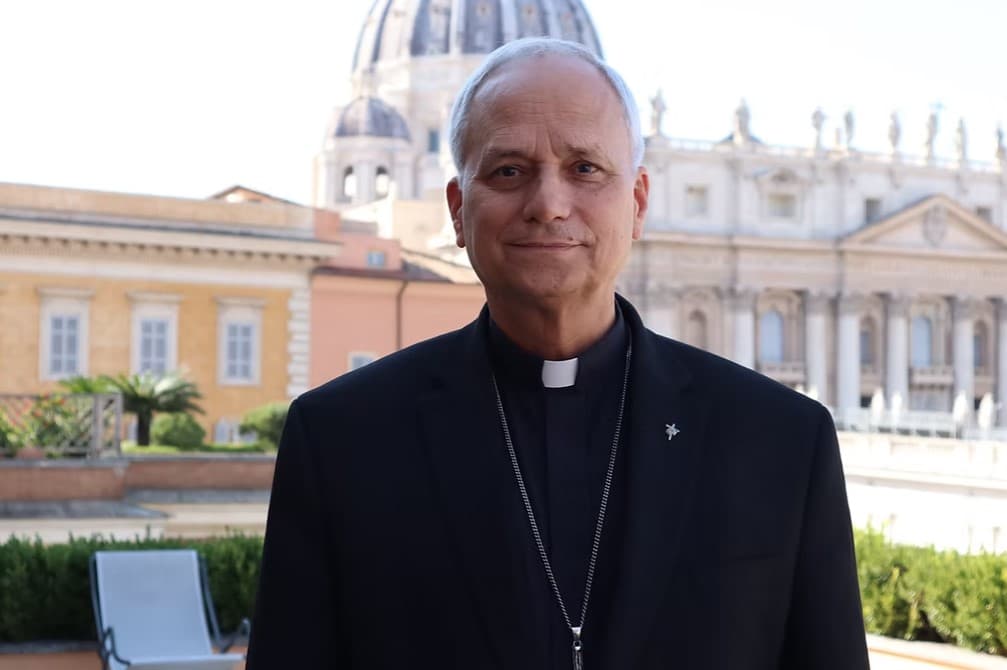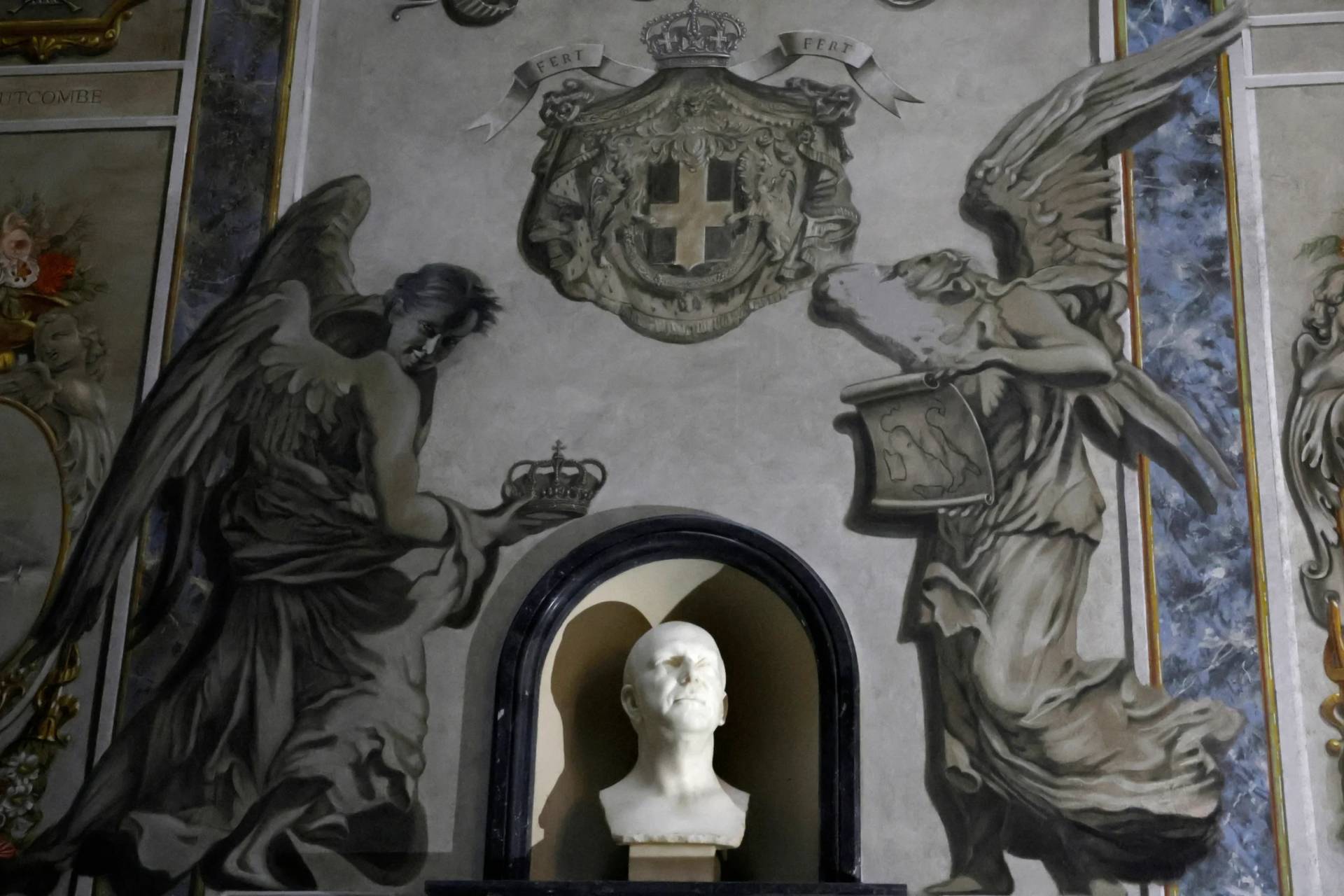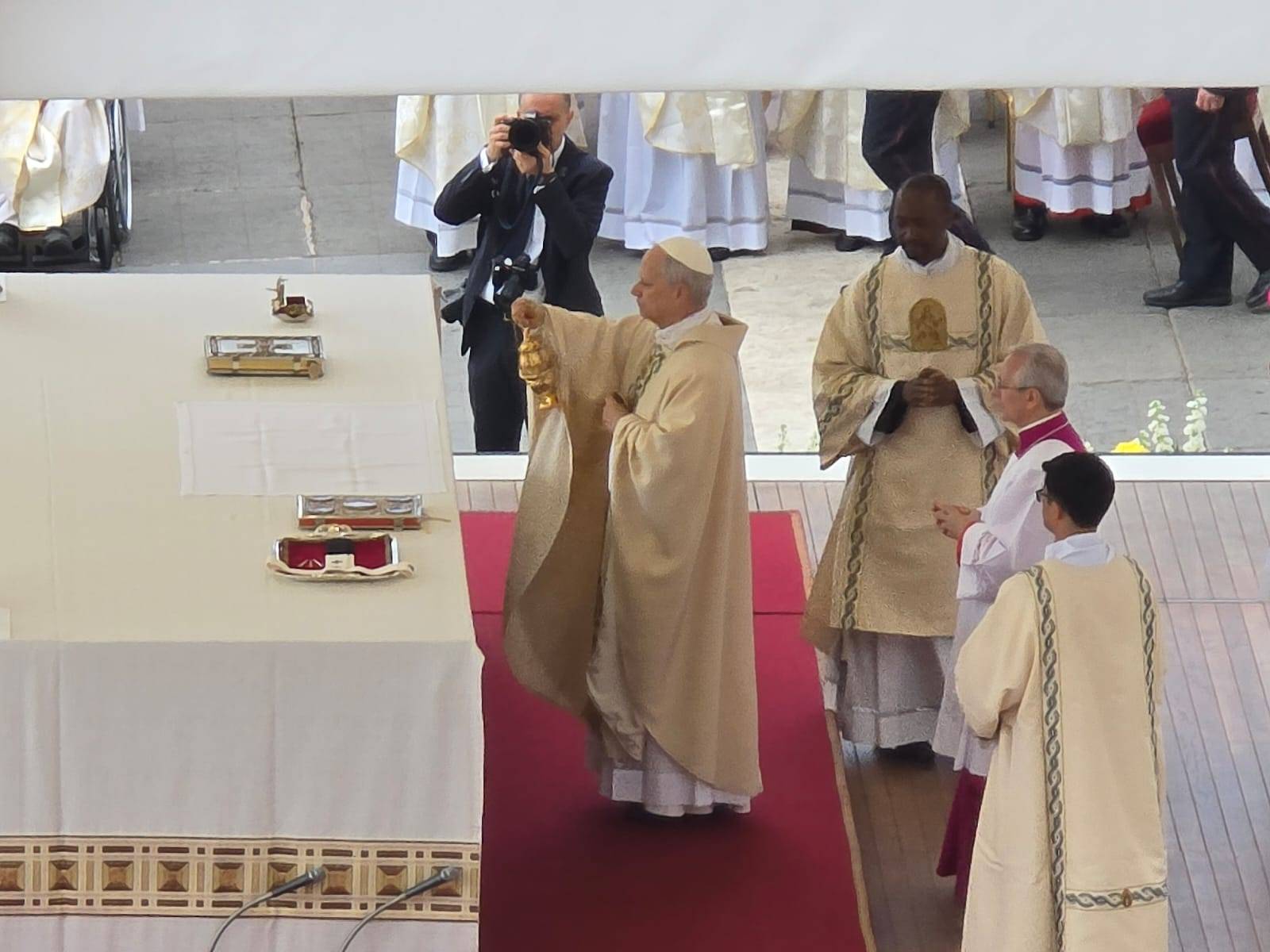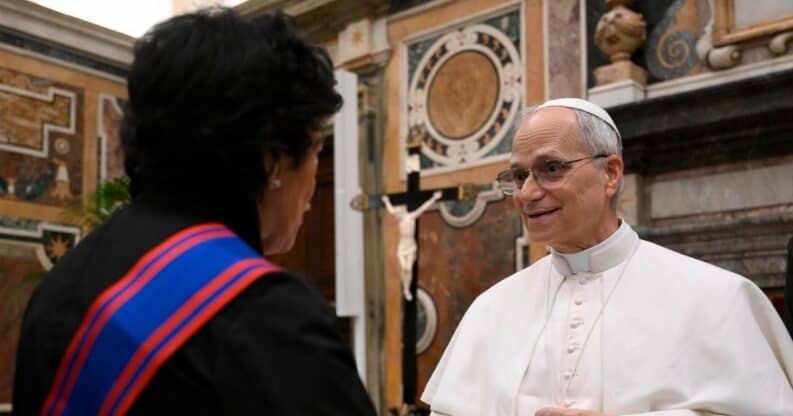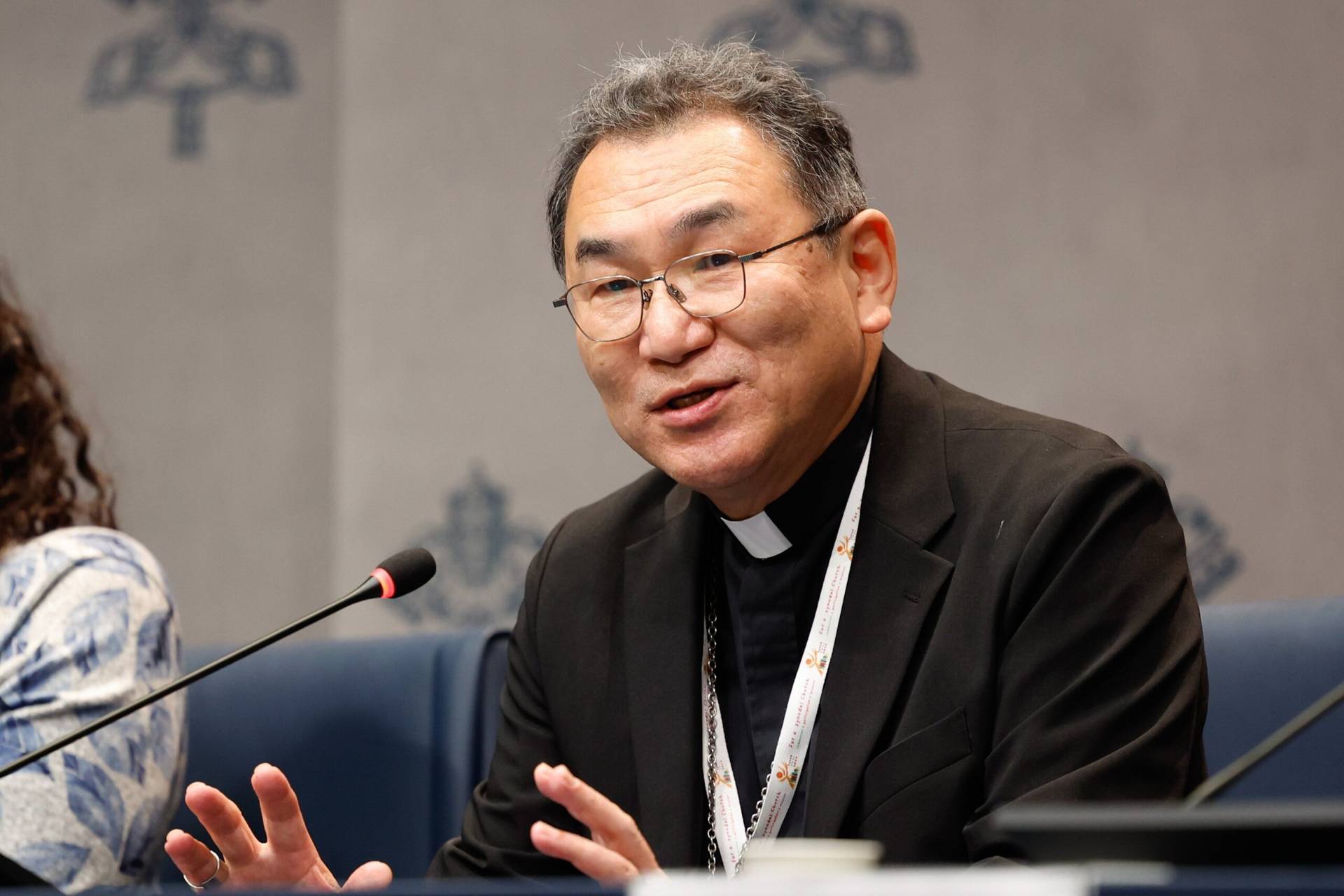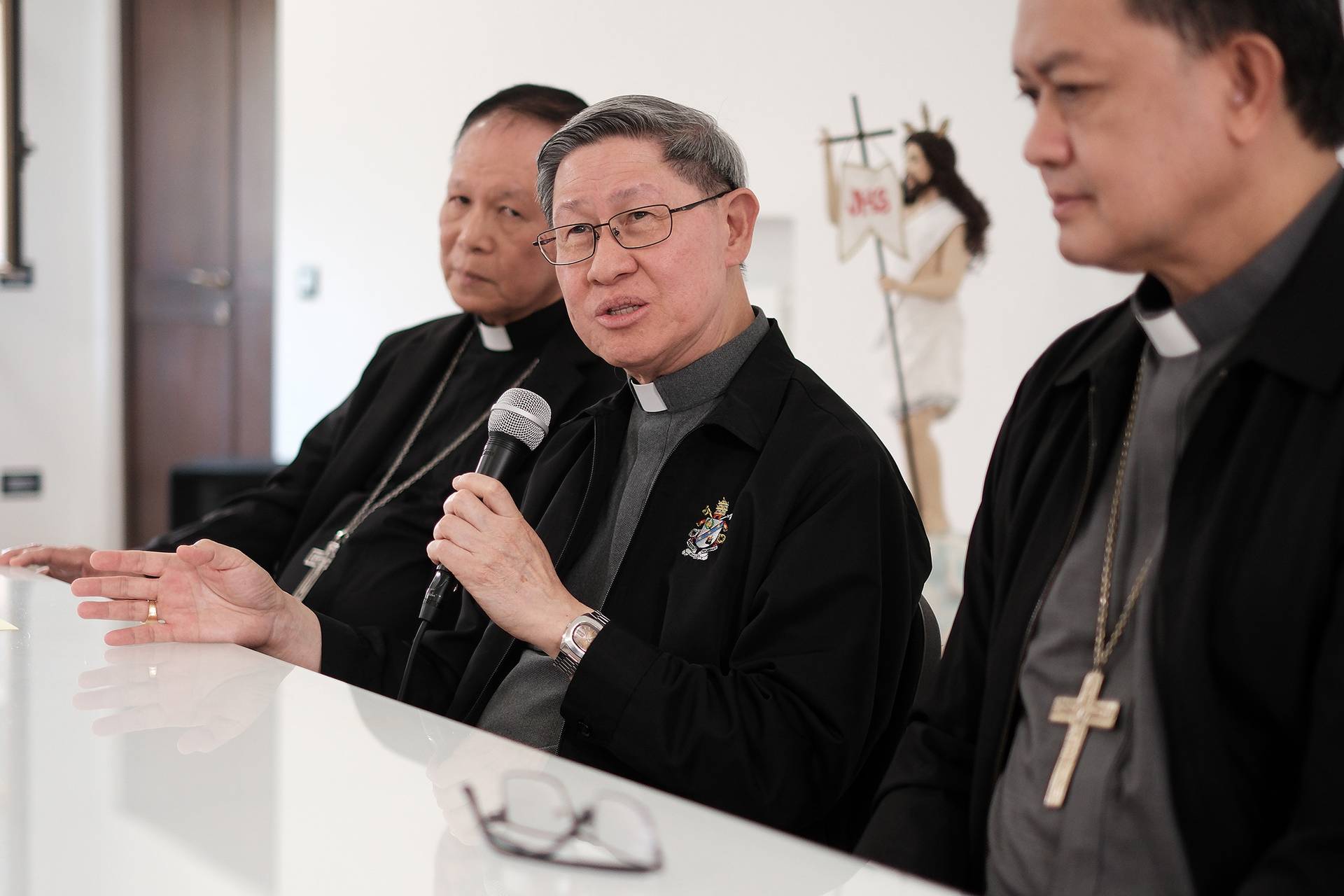ROME – Naturally enough, journalists covering the Vatican tend to seek out figures in the system from their own countries or language groups. French speakers seek out the French, Spanish speakers the Spaniards and Latin Americans, the Italians gravitate to their paesani, and, by the same logic, Americans are drawn to fellow Americans.
Thus it was that when Cardinal Robert Francis Prevost was appointed the new head of the powerful Dicastery for Bishops in January 2023, my wife Elise and I made an appointment to drop by for a courtesy call in his Vatican office. I reminded him we’d met years before when he was the Prior General for the Augustinians, he told me that when he’d become the Bishop of Chiclayo in Peru he’d discovered a copy of my book on Opus Dei on a shelf in his new office, and we had a pleasant conversation.
Before we left, I made a vague offer to have Prevost over for dinner at our Roman apartment at some point. In the same non-specific way, he said he’d be delighted. Then, frankly, we all went our separate ways and forgot about it.
Flash forward to October 2024, during the concluding edition of the long-running Synod of Bishops on Synodality, when it occurred to Elise and I that we’d never followed up on our offer of a meal. We fired off an invitation, which Prevost kindly accepted, and so it was that one fall evening the future pope came to dinner.
We’d had cardinals over before … this is Rome, after all, where cardinals may not be a dime a dozen, but they’re not exactly an endangered species either. In retrospect, that evening obviously looms infinitely larger now that this particular cardinal has become Pope Leo XIV.
I’ll admit it: My initial instinct was to rush home and figure out which chair at our dining table he had used, which plate and silverware we had set out, and preserve it all as part of a permanent “pontifical dinner setting” with which we could dazzle future guests. It was gently suggested, however, that might smack just slightly of hucksterism.
To be clear, no deep dark secrets were shared that night – this was basically an amiable conversation among American expats. Still, on the Italian theory that you can learn more about a person over a meal than in virtually any other setting, here are three basic impressions I can pass along.
First, Prevost is a down-to-earth and unassuming personality. He arrived without any retinue and not in a Vatican sedan, but under his own power, and at no point did he ever give the impression he had somewhere more important to be. He seemed for all the world like a neighbor dropping by for a visit, not a potentate granting an audience.
Second, he’s a kindly personality, sensitive to how his conduct and choices make others feel.
Case in point: I’d prepared a rather elaborate menu, which began with a shrimp cocktail featuring homemade sauce I’d whipped up with horseradish obtained from a Ukrainian store in town, then the classic Roman pasta dish cacio e pepe, followed by chicken al Marsala and gelato. He kept shoveling it down, and at a certain point I feared it might be a bit much and assured him he was under no obligation to eat everything.
He smiled and indicated that the way he was brought up, you eat everything your host puts in front of you, because to fail to clean your plate is disrespectful. To this day, I honestly can’t tell you if he liked the food or was just being polite, but the cook in me appreciated the gesture anyway.
Third, and probably most importantly, the new pope is a great listener.
“Papa Prevost,” as the Italians are already calling him, has that remarkable capacity all gifted communicators possess of making you feel like the most important person in the world while you’re talking to him. He’s almost a human vacuum cleaner, sucking in everything you say and then reflecting it back with keen questions and insights.
He’s also skilled at not necessarily betraying what he thinks, preferring to draw others out rather than immediately revealing what’s in his own mind. That doesn’t come off as concealment, however, but a laudable (and increasingly rare) desire to think before he speaks.
One night, obviously, doesn’t make us experts. But for what it’s worth, the future pope who came to dinner struck us as smart, considerate, and a terrific conversationalist … and those qualities, at least, seem a reasonable basis for hope.
